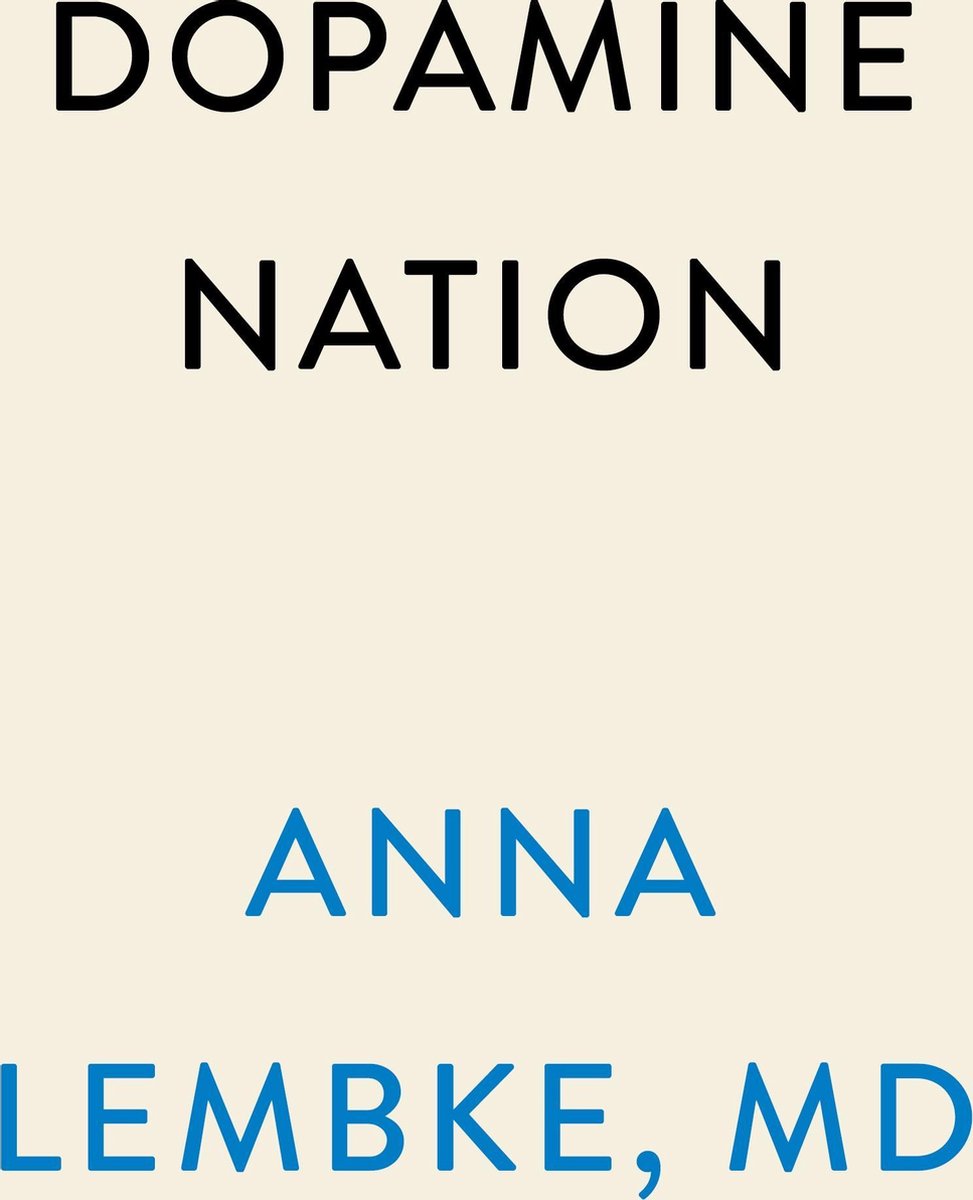


The victims? The rest of America, especially those in economically distressed parts of the country.Īmerica is sick, Macy argues, and too many people have looked the other way during the worst drug epidemic in its history. The villains of Dopesick are the pharmaceutical companies - namely Purdue Pharma, the company that sold Ox圜ontin - corruptible doctors, and a lax Food and Drug Administration. In Dopesick, Macy, a Roanoke-based journalist, continues to follow American workers, investigating how those who have lost factory and mining jobs have been hit especially hard by the opioid epidemic. Macy’s first book, 2014’s Factory Man, underscored the toll of offshoring business on America’s rural communities. Honaker’s story is just one of many in author Beth Macy’s new book Dopesick: Dealers, Doctors, and the Drug Company that Addicted America, which chronicles the 20-year history of the opioid epidemic, starting with the dawn of Ox圜ontin in 1996 and ending with grim statistics: more than 42,000 dead from opioid overdoses in 2016 alone and expert predictions that 300,000 will die in the next five years. “At the end of your journey, you’re not going after drugs to get high you’re going to keep from being sick,” she says. Soon, she began stealing pills, then buying them from Medicaid patients for $1. When 27-year-old Debbie Honaker went to her doctor in Lebanon, Virginia, after a routine gallbladder surgery in the early 2000s, she was prescribed “Oxy tens” - 10 milligrams of Ox圜ontin.


 0 kommentar(er)
0 kommentar(er)
